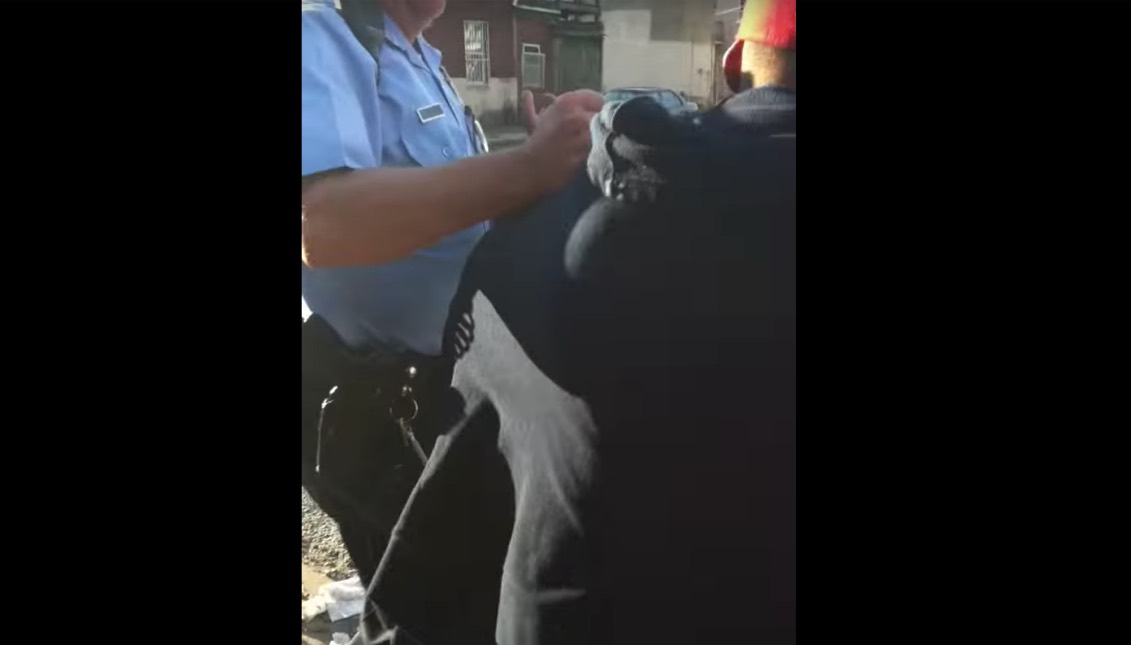
Philly, U.S. Supreme Court grapple with stop-and-frisk
MORE IN THIS SECTION
Tuesday, as we went to press, the ACLU and the city of Philadelphia had just met with a judge to discuss stop-and-frisk in Philadelphia.
You might remember that in 2011, during Michael Nutter’s tenure as mayor, the city signed a consent decree with regard to Bailey v. Philadelphia, a lawsuit brought by ACLU of Pennsylvania which alleged that a high rate of police stop-and-frisks were undertaken without reasonable suspicion and could not be explained by any other factor than race and ethnicity (African Americans and Latinos).
A 2013 report filed with the United States District Court for the Eastern District of Pennsylvania by the ACLU, stated: “By our analysis, pedestrian stops are being made without reasonable suspicion in approximately 43 to 47 percent of the cases ... Frisks are being conducted without reasonable suspicion in over 45 percent of the cases ... By race, 76 percent of the stops were of minorities (African-Americans and Latinos) and 85 percent of the frisks were of minorities [...] Tens of thousands of persons in Philadelphia continue to be stopped each year (and a significant number frisked) without reasonable suspicion.”
On March 22, the ACLU filed another report in court (as part of the monitoring process of the 2011 decree) covering the first half of 2015. According to the organization, it “documents continued widespread violation of both the consent decree and the rights of thousands of Philadelphians. If the Kenney administration does not make rapid and significant progress, the plaintiffs will seek sanctions from the court later this year.”
For his part, Philadelphia Police Commissioner Richard Ross, who attended the filing along with Managing Director Michael DiBernardis and City Solicitor Sozi Tulante, said he felt optimistic about the meeting and that he didn’t want any one group in Philadelphia to feel like they were targeted by police.
Meanwhile, the U.S. Supreme Court is considering a stop-and-frisk related case that could have significant impact how police do business in cities like Philadelphia. In question are the circumstances under which police may use evidence they find after they make a stop that is determined to be unconstitutional. The case the Supreme Court will hear, Utah v. Strieff, involves a narcotics detective who stopped a man — without reasonable suspicion of any crime having been committed — as he left what was suspected to be a drug house. The state acknowledged the stop was illegal, but as result of the stop, the cop discovered the man had an outstanding warrant and arrested him, subsequently finding drug paraphernalia on him.
If the Supreme Court rules in favor of police in the case, many fear it would incentivize cops to stop more people (particularly those in high crime areas) as a kind of “fishing expedition.”






LEAVE A COMMENT:
Join the discussion! Leave a comment.